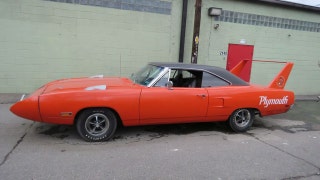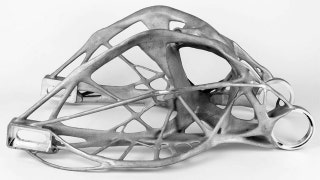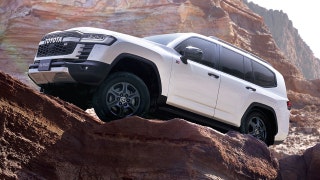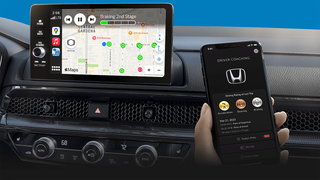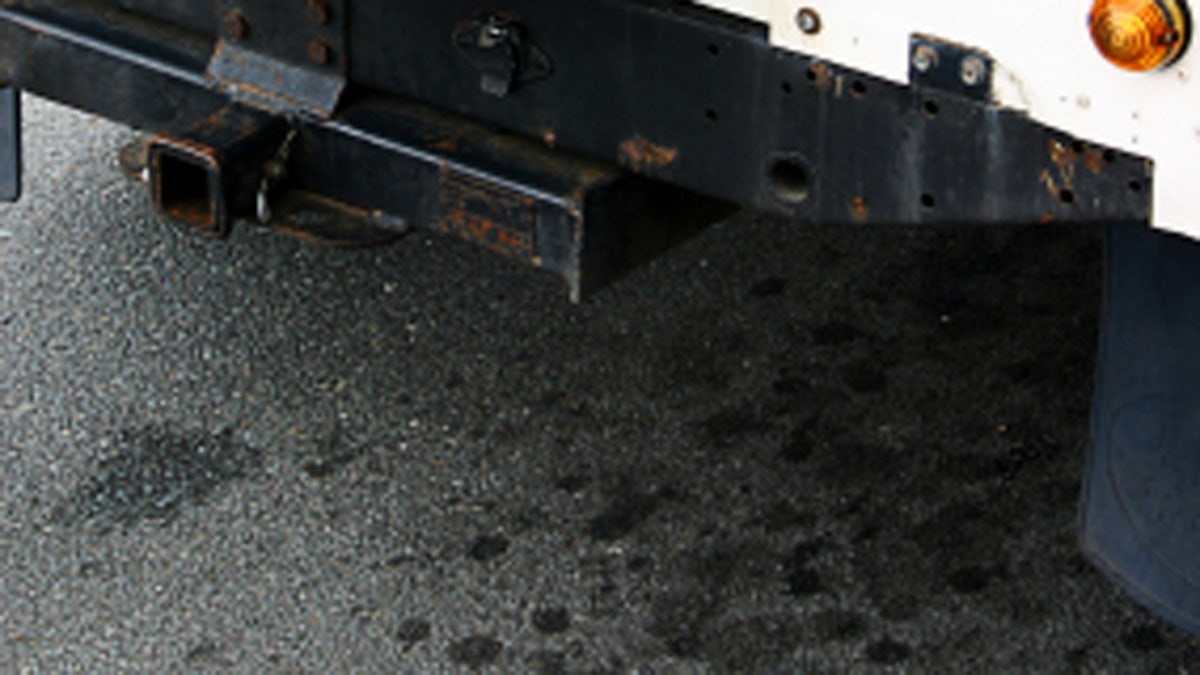
For anyone who cringes when they fill up the gas tank, it hurts even more to see fluids leaking back out of the car. But gas is far from the only liquid in a vehicle so it's important to be able to recognize what's coming from your car and how you can fix it.
Identifying Leaks
Before you take action, you need to know what you're dealing with.
John Myers, senior technical trainer for Prestone, says that car leaks can be identified by color, smell and the location of the leak.
The most common leak is just water according to Dan Poor, business development manager for Universal Technical Institute's Boston campus. "The number one byproduct of burning gasoline is water in the form of vapor," Poor says.
Poor points out that water also leaks from the condensation formed around the air conditioning evaporator inside the car.
Dangers
According to Poor, gasoline and antifreeze are the two most immediately dangerous fluids that can leak from a car. The gasoline is combustible, but antifreeze poses a different kind of threat. "Antifreeze has a sweet taste and smells (like maple syrup)," Poor says. "Dogs and cats will drink/lick antifreeze if they find it. One cup is enough to kill a large dog."
Poor notes that while oil poses no immediate health risks, long term exposure to leaked oil can cause liver damage and cancer. "This is why most boots have an 'Oil Resistant Sole' in them," Poor says. "Pre-World War II people were contracting liver disease and the cause was found to be oil being absorbed through their boots and the soles of their feet because of working in oily environments like factory floors or repair garages."
Checking under the hood
Myers encourages all drivers to learn how to check their vehicles' fluid levels under the hood. "Checking fluids between preventative maintenances allows the driver to spot potential problems quickly and relay that information to their repair facility," Myers says. "This also allows you to get the maximum life out of your vehicle by not driving the vehicle with low oil levels."
If a driver doesn't notice the actual leak, Poor says you can usually tell when your car is either leaking or in need of fluids by abnormal noises and vibrations coming from the car. "Fluid leaks should be repaired ASAP," says Poor. "It won't get better by itself."
Poor says that when fluids appear to be disappearing quickly, but there's no visible leak, it could be a sign of other problems in the car. For example, he says that when brake fluid is disappearing quickly without a leak it is a sign that the car's brake pads are wearing thin and need to be replaced before more dangerous, and expensive, damage is done to the brakes.
Fixing the problem
Some leaks can be fixed by the owner according to Myers, such as tightening a loose clamp on a radiator hose, but it all depends on the driver's skill level. If a driver doesn't recognize the leak or the part it's coming from, it's best to leave it to a professional.






